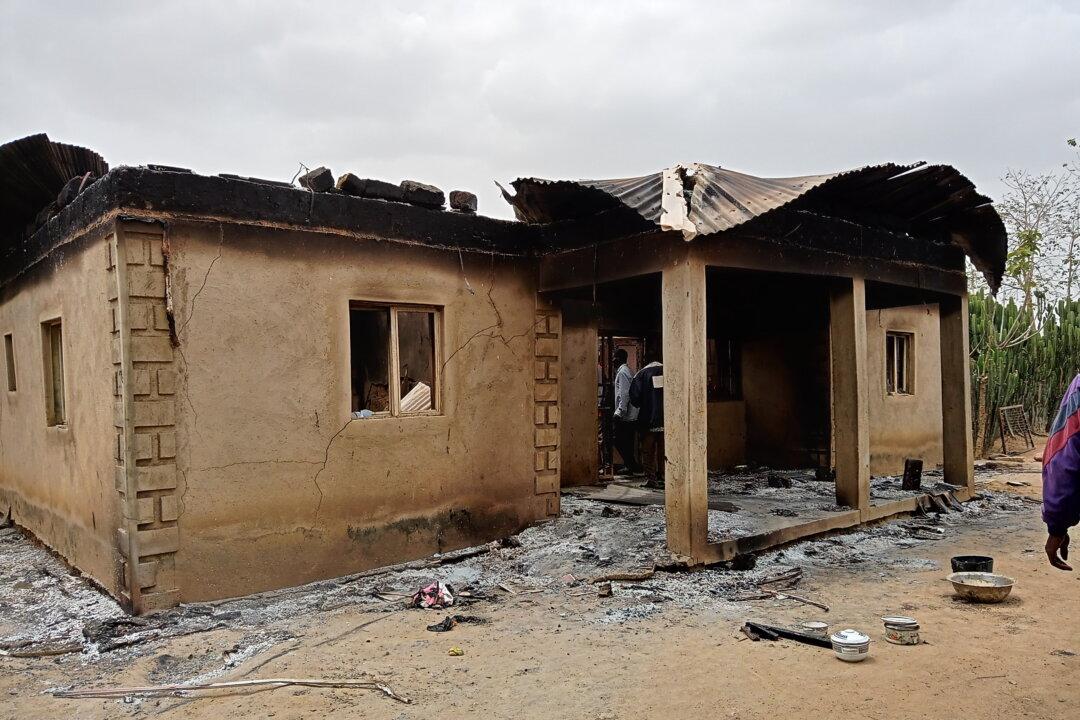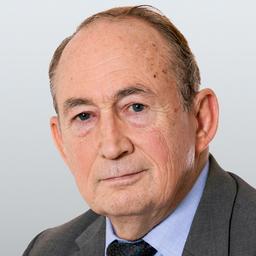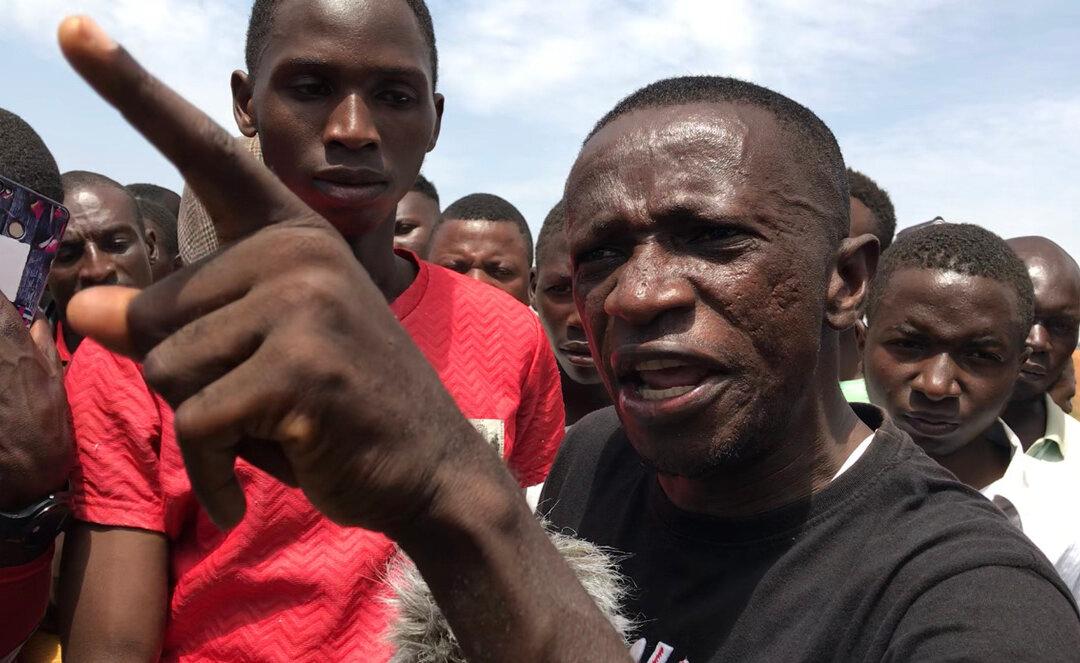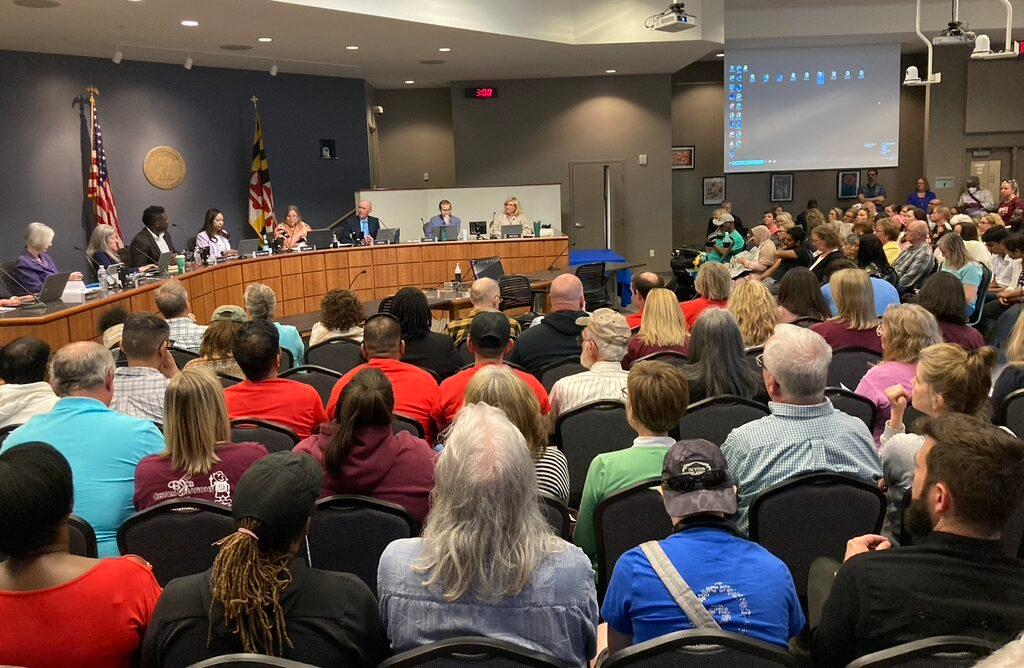Two weeks after the U.S. ambassador to Nigeria’s controversial visit to a Muslim cleric, the nation’s lawless central states have been roiled by violence, including several attacks on Christian farmers, sparking concern among activists about the direction of U.S. policy in Nigeria.
In the most notable among the incidents, a band of alleged Muslim militants attempted on March 20 to gun down the governor of Benue state as he was departing his farm in south-central Nigeria by automobile.





